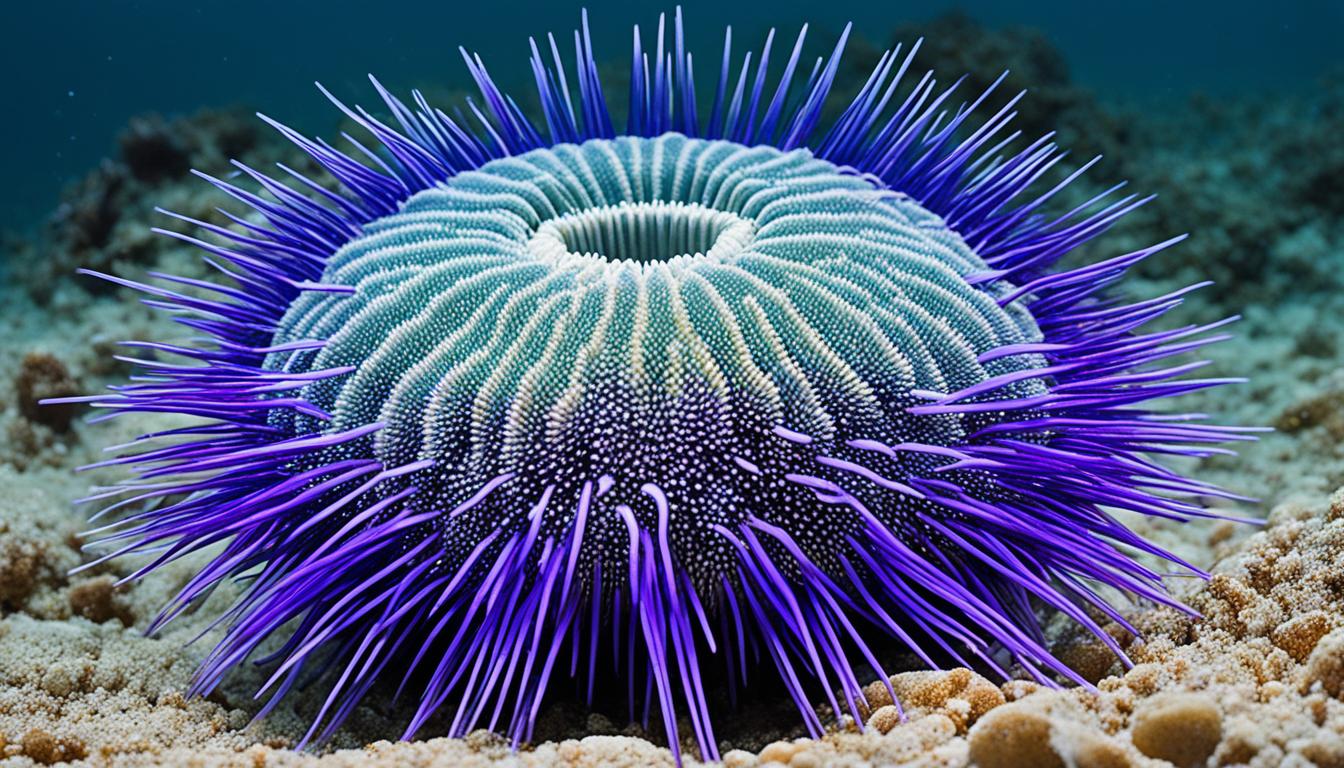If you’re a parakeet owner, you may have wondered whether your feathered friend is keeping you up at night. Parakeets, like many birds, are diurnal creatures, meaning that they are most active during the day. However, they may also vocalize at night, and their noises can be disruptive to those who are trying to sleep.
In this article, we’ll explore the topic of parakeet nocturnal behavior and answer the question, “Are Parakeets Loud At Night?” We’ll delve deeper into their sleep habits, noise levels, and offer tips on how to reduce any nighttime disruption.
Key Takeaways
- Parakeets are diurnal creatures but may vocalize at night
- Understanding their sleep habits and noise levels can help reduce nighttime disruption
- Tips for reducing parakeet noise at night can create a more peaceful environment for both you and your feathered friend
Parakeet Nocturnal Behavior: Exploring Sleep Habits and Noises
If you’re an owner of a parakeet, it’s essential to understand their sleep habits and nocturnal behavior. While these birds are diurnal, meaning they are most active during the day, they do require sleep at night to stay healthy and happy. Understanding their sleep patterns and behaviors is crucial to creating a peaceful environment for both you and your pet during nighttime hours.
So, do parakeets make noise when sleeping? The answer is no, they do not make noise while sleeping. Parakeets and other birds fall into a category of animals that exhibit unihemispheric slow-wave sleep. This means that half of their brain sleeps while the other half stays alert to detect any potential threats. Therefore, parakeets sleep with one eye open, but they do not make noise when sleeping.
Parakeets typically sleep for around 12 hours a day, and their sleep patterns may vary depending on their environment. In the wild, parakeets will sleep on branches, perches, or in tree cavities. However, in captivity, they may sleep in their cages or designated sleeping areas. It’s essential to provide your parakeet with a comfortable sleeping environment, such as a cozy birdhouse or a sleeping tent that mimics the feeling of sleeping on a branch.
While parakeets do not make noise while sleeping, they may still be noisy at night. These birds are naturally vocal creatures and communicate with chirping, whistling, and other vocalizations. During the night, parakeets may become more vocal if they hear any sounds or movement. Additionally, if they are not getting adequate rest during the day, they may be more active and vocal at night.
To ensure that your parakeet gets enough rest, make sure they have plenty of activity during the day and a quiet and dark sleeping environment at night. Covering their cage partially or completely can help create a sense of security and reduce any external disturbances that may cause them to become more vocal at night.
Tip: Providing your parakeet with a consistent sleeping schedule will help them understand when it’s time to sleep, and they will be less likely to become noisy at night.
Understanding your parakeet’s sleep habits and nocturnal behaviors is key to creating a peaceful and healthy environment for both you and your pet. By providing them with a comfortable sleeping area, a consistent schedule, and a peaceful environment, you can reduce any potential noise issues and ensure that your parakeet stays happy and healthy.
Understanding the Level of Noise: How Loud Are Parakeets at Night?
Parakeets are known for their vocal abilities, and they are no different during the nighttime hours. When it comes to the question of how loud parakeets can be at night, the answer can vary depending on the bird. Some parakeets are relatively quiet during the night, while others can produce a considerable amount of noise.
The typical volume of parakeet noises at night can range from soft chirps to loud screeches. If you have multiple parakeets, their noise level can be even louder as they communicate with each other. However, it’s important to note that parakeets are diurnal animals, meaning they are active during the day and sleep at night. Therefore, most parakeet noises at night will likely be minimal.
It’s crucial to understand that while parakeets may make some noise at night, excessive noise can be a sign of an underlying issue. Loud or constant noises could indicate that the bird is stressed or anxious, has a health problem, or needs attention. If you notice your parakeet making too much noise at night, consider visiting a veterinarian to rule out any health issues.
Reducing Parakeet Noise at Night: Strategies and Tips
If you find your parakeets’ nighttime noises to be disruptive, there are several strategies and tips you can try to reduce the noise level and create a more peaceful environment for both you and your pets.
Create a Calm and Dark Environment
Parakeets are sensitive to light and noise, so it’s important to create a calm and dark environment for them to sleep in. Covering their cage with a thick, dark cloth can help block out any light and reduce the chance of external stimuli disturbing them. Additionally, keeping their cage in a room that is isolated from any loud noises, like TV or music, can help keep them calm and relaxed.
Change Their Sleeping Schedule
If your parakeets seem to be noisy at night, it’s possible that their sleeping schedule is not aligned with yours. Parakeets are diurnal, which means they are active during the day and sleep at night. However, they may adjust their sleep schedule to yours over time. To get them back on track, gradually change the amount of light and darkness in their environment, and try to avoid any loud noises during their designated sleeping hours.
Provide Enough Entertainment During the Day
A bored parakeet may become noisy at night, so it’s essential to provide enough entertainment and stimulation during the day. You can try providing new toys, rotating their toys, or even playing music for them while you’re out of the house.
Try White Noise
If external noises are disturbing your parakeets’ sleep, you can try drowning them out with white noise. White noise machines or smartphone apps can provide a consistent background noise that can help mitigate any external sounds.
By following these strategies and tips, you can reduce parakeet noise at night and create a peaceful nighttime environment for both you and your feathered friends.
Conclusion: Are Parakeets Loud At Night?
In conclusion, parakeets can be loud at night, especially if they are not getting enough sleep during the day. Understanding their nocturnal behavior and sleep habits is key to figuring out why they may be making noise at night. If you are wondering, “Are Parakeets Loud At Night?” the answer is yes, they can be.
However, with the right strategies and tips, you can reduce parakeet noise at night and create a more peaceful environment for both you and your feathered friends. Simple strategies like providing a quiet and dark sleeping space, playing soothing music, and establishing a routine can go a long way in ensuring a good night’s rest for both you and your parakeet.
Remember, parakeets are loving and social creatures and need plenty of attention and care. By understanding their needs and behaviors and taking the necessary steps to create a peaceful environment, you can enjoy the company of your parakeet without any disruptiveness at night.










